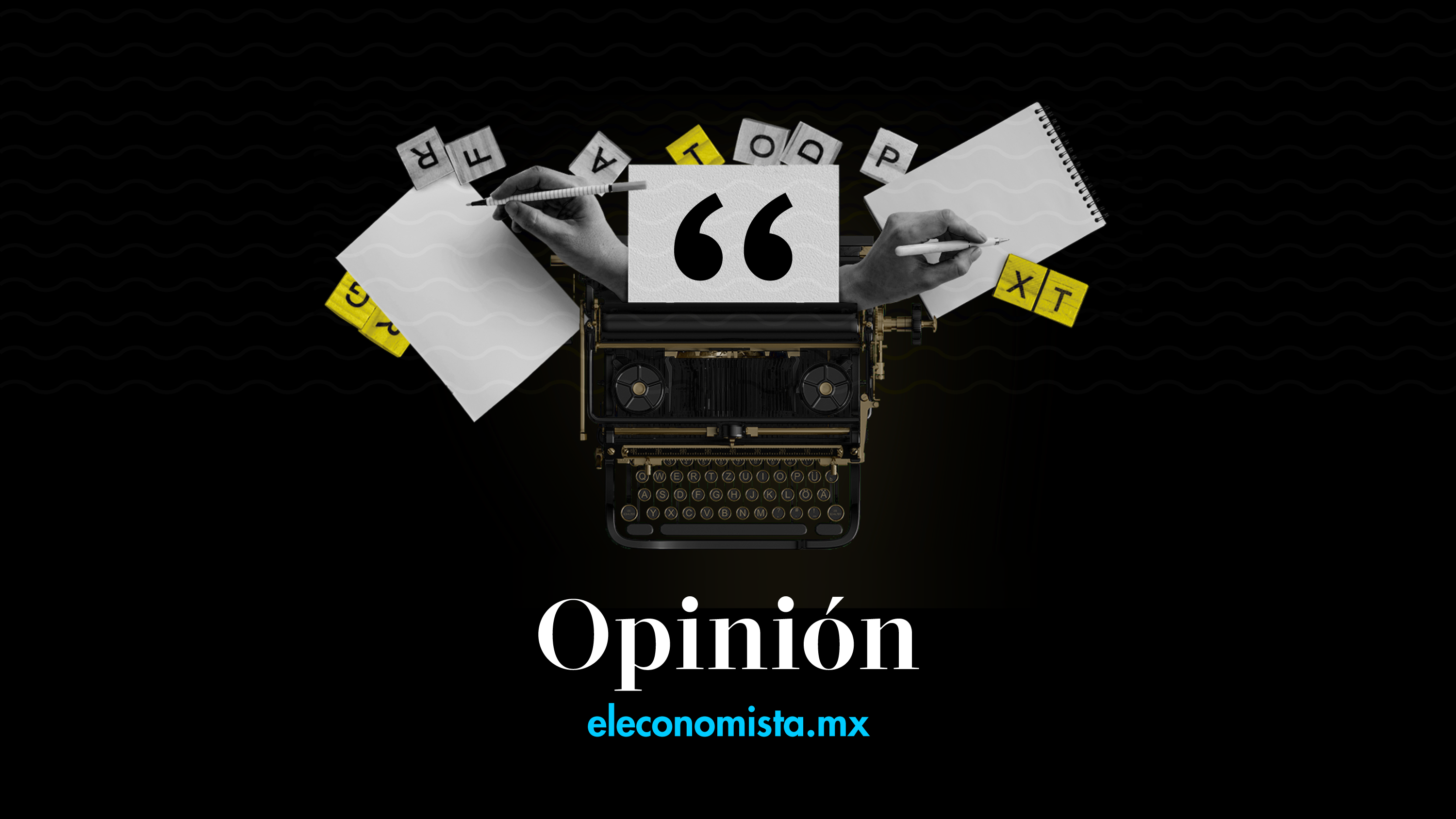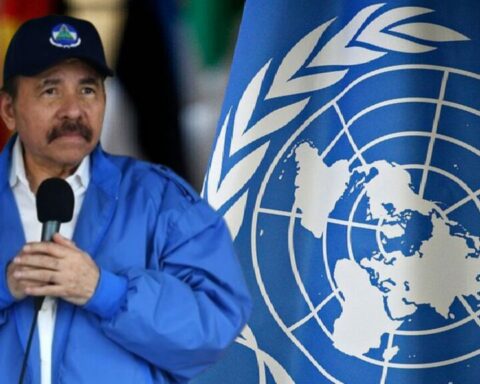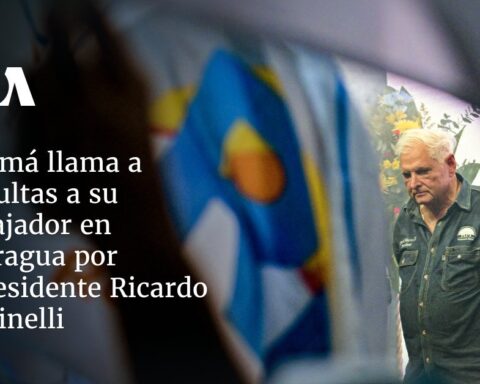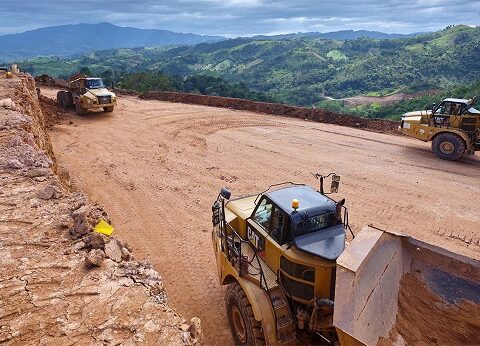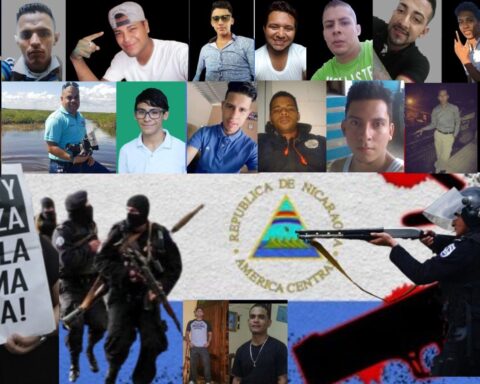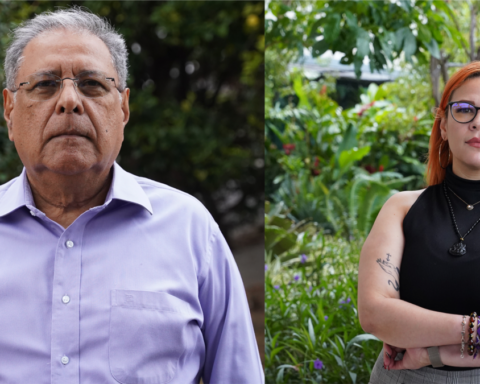The president of the Central American Bank for Economic Integration (CABEI), Dante Mossi, described as “unfair” the international sanctions that have been imposed against more than 60 high-ranking officials of the regime that governs Nicaragua, accused of corruption, human rights violations, and sabotage of democracy.
“There is a sanctions regime that is unfair, because a person is accused and tried without due process, but these are the rules of the international game,” he said, referring to the sanctions imposed against officials of the regime by the United States, Canada , the European Union and Great Britain, among others.
In an interview with the journalist Marcos Medina of Channel 12, Mossi openly advocated for the dictatorship of Daniel Ortega that keeps 190 political prisoners in jail, including seven presidential candidates who were arrested in 2021, by canceling the political competition in the elections of the November 7.
Various sources have pointed to CONFIDENTIALthat Mossi is already preparing his re-election campaign as head of CABEI, which would explain his condescension towards the regime, especially his preference for Daniel Ortega, whom he praises whenever he can.
“What CABEI does is that it seeks protection mechanisms, how to continue providing this financing, without violating international provisions,” he explained, which helps protect the Bank from the contagion effect of these sanctions, while providing it with a mechanism to continue contributing resources to the dictatorship.
“In the case of Nicaragua, we have had a very good reception from the Nicaraguan government to be able to make the necessary adjustments to the credit operations that we have, to be able to work without having to stop disbursements, far from it. We are a bank flexible enough to adapt to international rules, dialogue with the Government, and thus not having any problem in terms of providing financial resources to the Nicaraguan Government”, he added.
about loans
Despite the criticisms made about the discretionary management of the resources that the Bank lends, by the regime, the head of CABEI assured that all its loans “comply with the transparency requirements of the bank itself and other international institutions, in addition to that the statistics have shown that the programs it finances in Nicaragua are functional, for the benefit of the population.”
When talking about the projects they finance in the country, Mossi said that “in the case of Nicaragua, they should feel very proud of have very good roads, spectacular hospitals, with electricity… perhaps expensive; many can complain about that, but we are looking for ways to make electricity cheaper, as well as the expansion of Puerto Corinto, and already talking about future projects, such as the Port of Bluefields”.
“All the funds that the bank grants they are subject to general requirements: controls, state audits, and independent audits. We require a high degree of transparency and good corporate governance. If we design an operation and find weakness in managing a project, we recommend that the Government strengthen certain areas to receive those resources,” he said, explaining that he was referring, for example, to municipalities far from the capital, which have less experience and trained personnel to manage these resources. means.
As a way to demonstrate the existence of these levels of transparency, Mossi recalled that CABEI has a system for accessing the entity’s information, “where you can request information about our programs, and we gladly provide it.”
In October and December 2021, and then in April 2022, CONFIDENTIAL sent several requests for information to the Bank: the two from last year still have no response, beyond an acknowledgment of receipt, while this year’s, was answered with information that only partially responded to what was requested.


